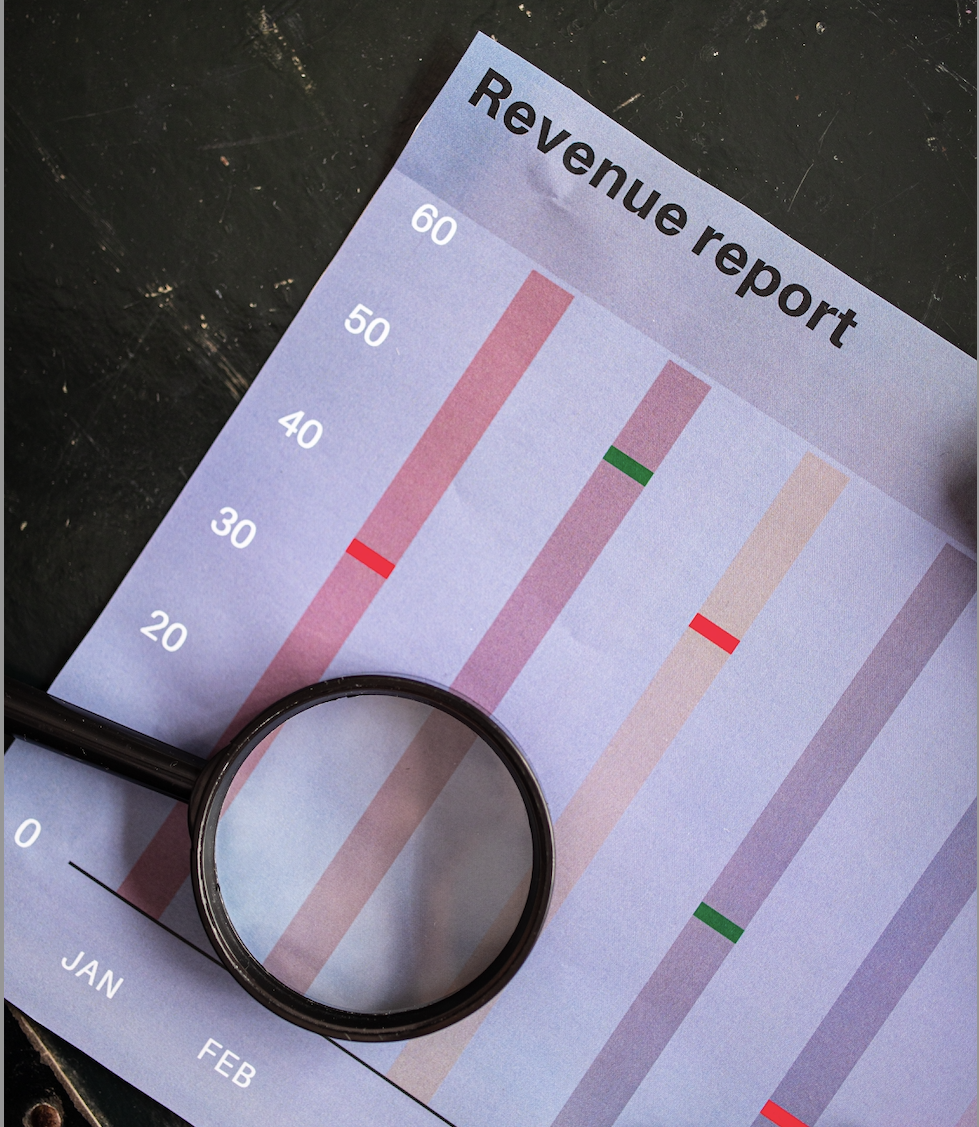It’s officially 2017, and the new revenue recognition start date for public companies is right around the corner – December 15, 2017. Now, some may think “I have a full year to get implemented, I’ll start looking into it six months from now.” This approach can put companies in a vulnerable position.
There are multiple things to consider before transitioning to this new model, and although the standard focuses on public companies for the December 15, 2017 start-date, all companies should be readying themselves for this change as it will eventually affect them starting December 15, 2018.
Early on in planning for the new revenue recognition standard, organizations should build out an implementation task force and outline.
What would this entail?
Coordination Across Departments
Although the Finance and Accounting teams will be most affected by the new revenue recognition standard, other departments will need to be in the loop as well.
- IT. Why? The way the systems are being used to record revenue will change and organizations need to rewrite accounting and control policies.
- Sales. Why? They are in charge of negotiating contracts that will be crucial to comply with the new model.
- HR. Why? Commission type plans tied to Sales revenue will need to be considered for the new standard.
- Legal. Why? Current contracts need to be revised.
Understand What Policies, Procedures, and Controls Need To Be Revised
At a high-level, the new revenue recognition standard will enforce consistent principals for recognizing revenue, regardless of industry and/or geography. Reviewing disclosure requirements, product identification, and allocation treatments are all requirements to be compliant.
Consult with Audit and Tax Committees
Before transitioning to the new standard, it is beneficial to meet with your Audit and Tax committees, as they need to fully understand how the new standard affects revenue and taxation.
Determine Revenue Impact
Make sure you understand how the new standard will affect your revenue model, and determine if it will defer, advance, or have no impact on how revenue is currently being reported. Call out the impact early to your investors and board.
Systems Review
Financial data will be more important than ever with the new standard coming into effect. Ensuring that all new and legacy solutions, including ERP, CRM, and supplementary technologies, are going to help comply with the new rules will keep your team away from manual work in Excel.
Keep Track of Updates
Try to regularly check for changes made by FASB. ASC-606 has been delayed several times now, and principals are expected to alter going forward. Make sure that your organization is preparing appropriately.
Further reading: When is COGS recognized + journal entry examples
